by ASJAD NAZIR
HOW THE SKA VENGERS PUT THEIR OWN UNIQUE STAMP ON THE MUSIC INDUSTRY
BRITISH keyboardist Stefan Kaye put up an advert looking to form a ska band because he thought it might be a fun project to start in India.
That is because there were no prominent ska/ reggae acts in the country at the time. Meanwhile Raghav, who runs a reggae sound system in Delhi, was in London and responded to the advert.
Nikhil and Tony were already playing with Stefan in the band Emperor Minge, so came on board for the unique project. Samara C, who sang with Emperor Minge, was a natural choice to join.
Then Taru, who is a dancehall singer, joined a few months later and The Ska Vengers were born. Since then they have made a significant mark on the music industry. The New Delhi-based band have blended ska rhythms with a range of influences for refreshingly different, energetic and highly danceable music.
Although they have released acclaimed albums and songs, the band is at their best live and have delivered knock-out performances, including at major mainstream festivals across the UK and the largest rock concert held in an Indian prison.
They are one of the headline acts at the annual Alchemy festival taking place at Southbank Centre in London this week. Eastern Eye caught up with the band ahead of their concert to talk about their music, live performance, inspirations and more...
How did the band become connected?
Most of us in the band had listened to and are fond of ska or ska-influenced music, so it was quite a natural thing to do. What inspired us is our common love for ska-influenced music. Some of us got into it through punk rock, others through reggae, dancehall and jazz forms.
What drew you all to the ska sound?
The groove, the simplicity and the sheer fun it generates. It is very hard not to move to ska music.
Who are your heroes of ska music?
I don’t think we have heroes as such. Our music is informed by several different styles, but as far as ska influences are concerned, perhaps Lee Scratch Perry, Skatalites, The Specials and Jackie Mitoo would figure.
Tell us about your music...
It’s better you listen!
How do you look back on your journey as a band?
Perhaps in a similar way as an exasperated school principle reviewing the progress of a particularly troublesome pupil who will cock a snoop at a formal education system and refuses to wear the correct tie.
How has the band evolved across the different acclaimed albums?
Certainly we have evolved into a band that does not play strictly ska music. Our very first gigs were mainly covers of ska songs or ska versions of songs by The Clash, Lee Perry and even Bollywood composer RD Burman. By the time we came around to recording our first album, there was a fair amount of soul and funk there as well as ska offshoots such as rock-steady, dub and straight-forward reggae.
These days we are concerned less about fitting into any particular music genre. We have freed ourselves up to include more of the styles we love and grown up with. The second album, XX has easy listening/exotica, Afro beat, Afro Cuban, punk, jazz, psychedelia and even some Indian classical thrown into the pot.
Are there any songs closest to the bands heart?
There are many songs that have a special place for us due to how they came about, but we will always like Frank Brazil. It’s perhaps our most narrative song and tells the story of freedom fighter Udham Singh, aka Muhammad Singh Azad, aka Frank Brazil, who travelled to England in 1934 to assassinate Sir Michael Francis O’Dwyer, the former lieutenant governor of Punjab in revenge for the Jallianwalla Bagh massacre.
At the moment, the environment in India, as elsewhere in the world, is very polarised, but this is one of the few tunes that both right-wing and left-leaning Indians appreciated.
How much does live performance mean to you?
Live performance is the single thing that makes it all worthwhile. We enjoy the end product of recording songs and videos, but the process of performing live enables us to connect with each other and our audiences on a more fundamental level.
You have had some epic live performances, but what has been the most memorable?
Without a doubt, this would be the show we staged at Tihar Jail in India. We had 2,000 enthusiastic prisoners dancing as much as the wardens would permit, but appeared to thoroughly enjoy the show despite obvious language barriers.
How much of your live set is planned beforehand?
Probably about 80 per cent! We figure out the set-list, and depending on the vibe of the audience we tend to shuffle some songs about.
How much are you looking forward to performing at Alchemy?
We are looking forward to this concert as much as an umbrella salesman looks forward to the monsoon. One can expect not to remain seated for very long and to become an Indian ska convert before the end of the show.
What is the secret of a great live performance?
We think it’s about being present, letting loose and not worrying too much about making an impression.
Which songs gets the greatest response live?
Probably the most high energy and songs which are easier to dance to! Our take on The Velvet Underground’s Waiting For The Man, Cumbanchero and the Afro Beat-inspired Double X.
What do you all love about London as a musical destination?
The keyboardist Stefan Kaye is from London and was very much part of the scene through the 1990s. We would have to say the sheer number of grassroots venues. We love playing festivals, but the intimacy of a typical London toilet venue is unbeatable!
What can we expect next from the band?
We have a music video for our song Afro-Fantasy in the pipeline, and a few songs that didn’t make it to the XX album that we will put out as an EP shortly.
What is the best and worst thing about being in a band?
The best thing is the joy of performing live. The worst is having to get up early for flights, closely followed by delayed sound-checks. We recently played a festival in Pune. Our sound-check was scheduled for 6.30am. We dragged ourselves out of bed to get there on time, but the sound engineer was still asleep and the stage hadn’t been set up.
How do you get around creative differences?
This is not usually a problem as we try to keep a balance between different styles, and usually there is room to absorb our individual tastes. The compromises that we often make add, we like to think, to the uniqueness of the band’s sound.
What inspires you as a band?
There are many things that inspire us as a band, and not all of them musical. For example, Hitchcock movies, jazz cigarettes and mating habits of angler fish.
Why should we come to your Alchemy performance in London?
There is no should about it, but we do understand you may have more pressing engagements.
Why do you love music?
When we hear a musical pattern that is new to our ears, our brains try to make an association through whatever visual, auditory or any other sensory cues that may accompany it. We try to contextualise the new sounds and eventually we create these memory links between a particular set of notes and a particular place, time or set of events.
Beyond just from what we hear, what we see, what we expect, how we move, and the sum of our life experiences all contribute to how we experience music. Music acquires new identity in the mind of every new listener. It is always in the world, neither guilty nor innocent, subject to the ever-changing human landscape in which it moves.
- The Ska Vengers perform at Queen Elizabeth Hall, Southbank Centre in London on May 6 2018 at 10pm as part of Alchemy. Visit www. southbankcentre.co.uk for more information and tickets.





 Yami Gautam
Yami Gautam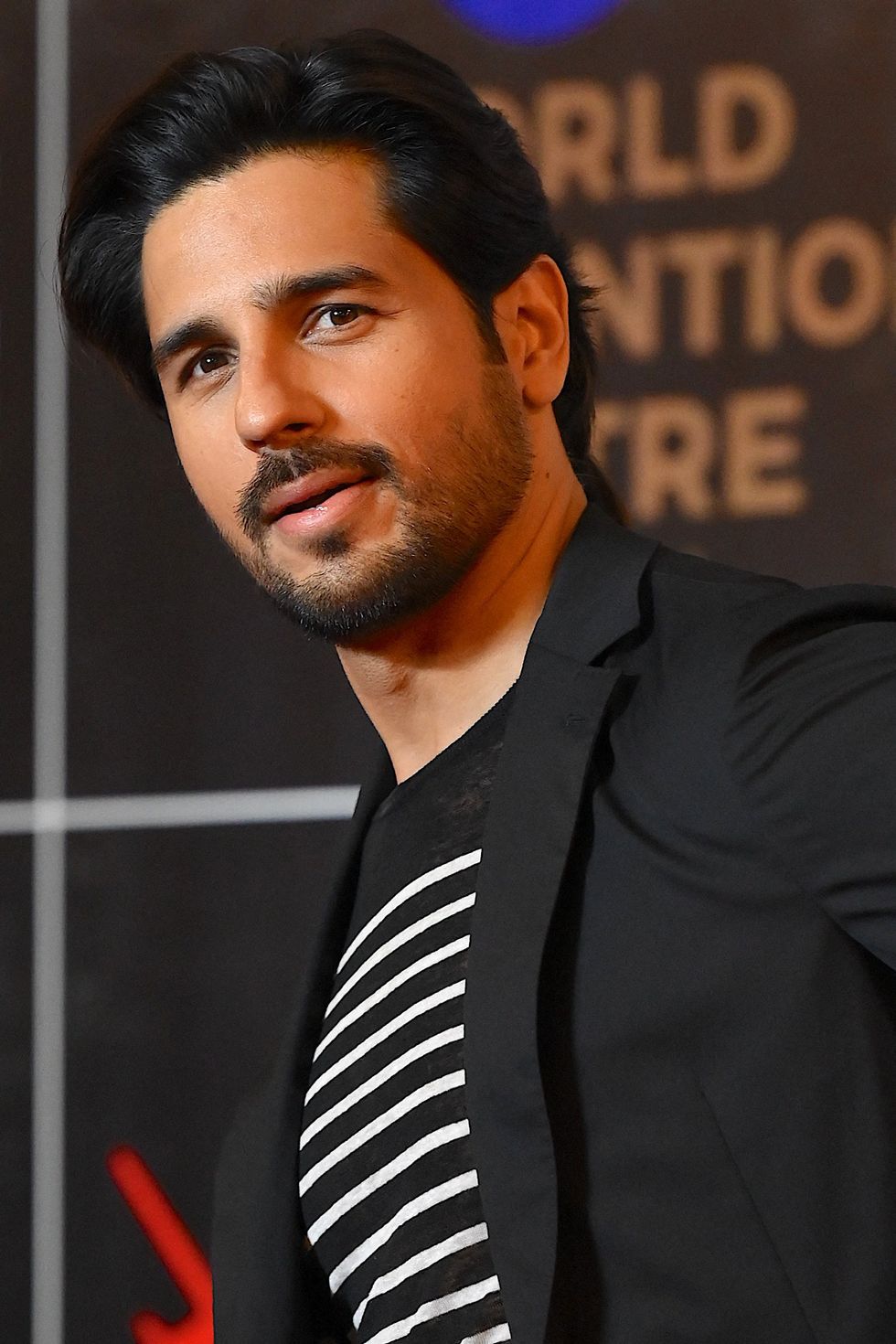 Sidharth Malhotra
Sidharth Malhotra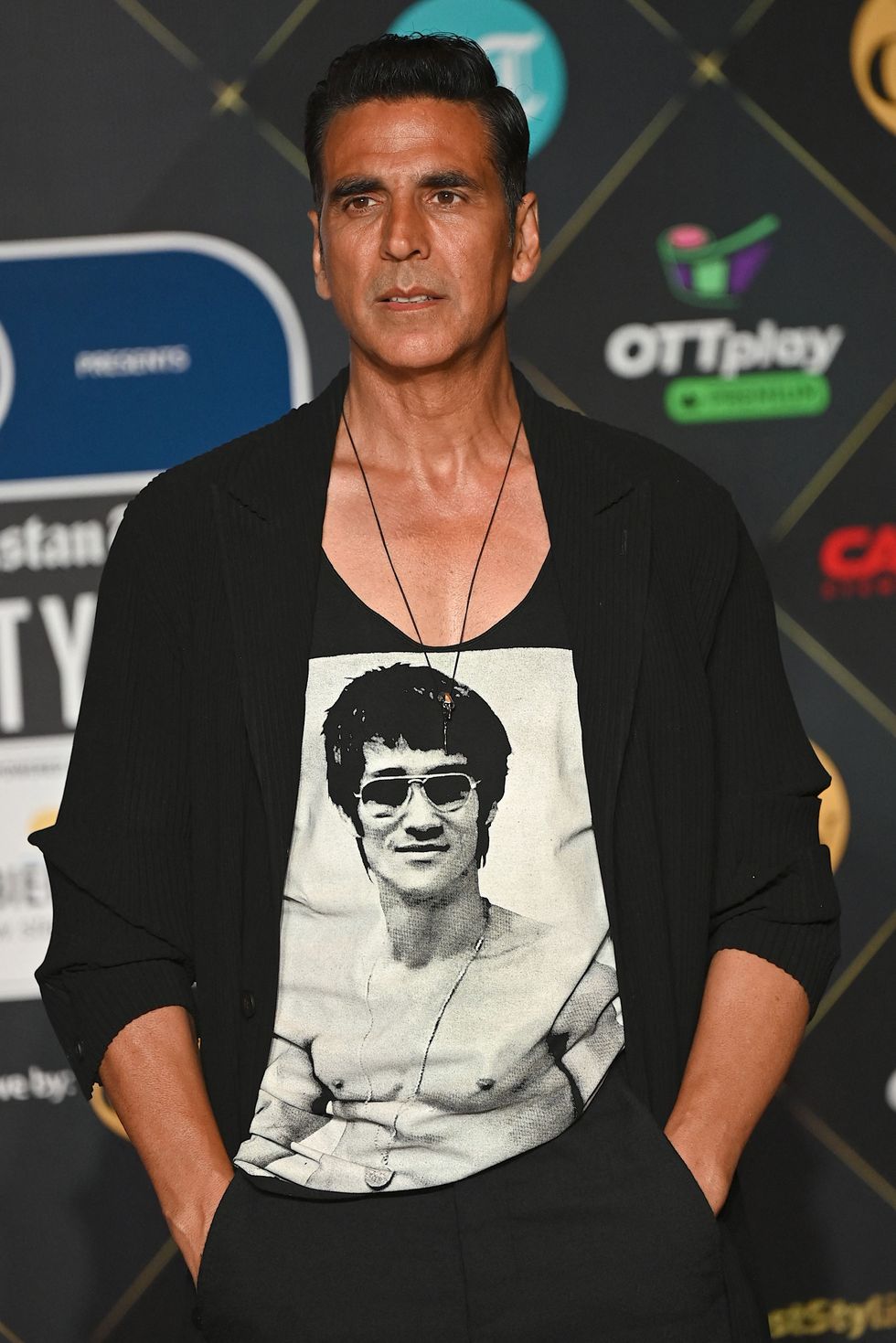 Akshay Kumar
Akshay Kumar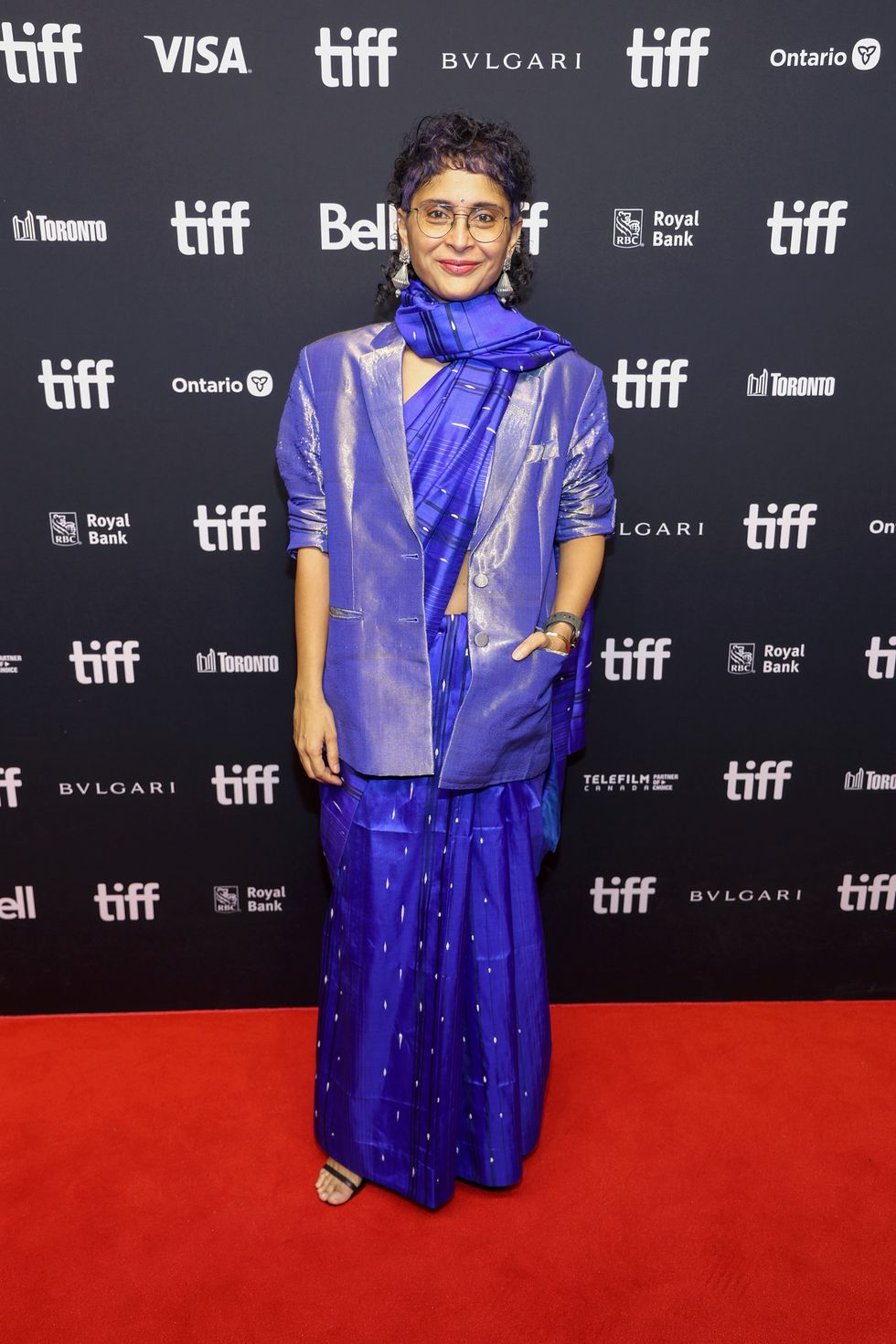 Kiran Rao
Kiran Rao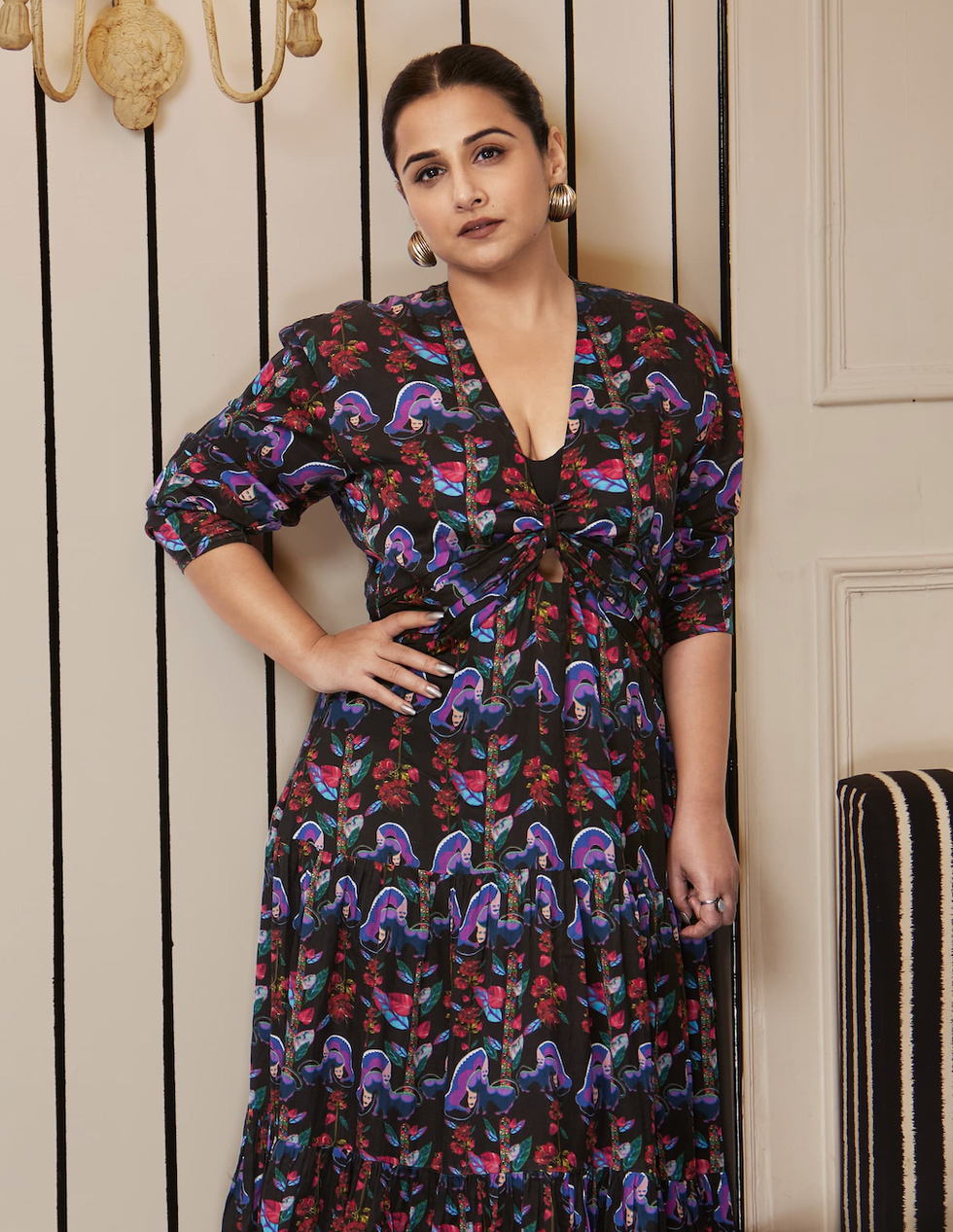 Vidya Balan
Vidya Balan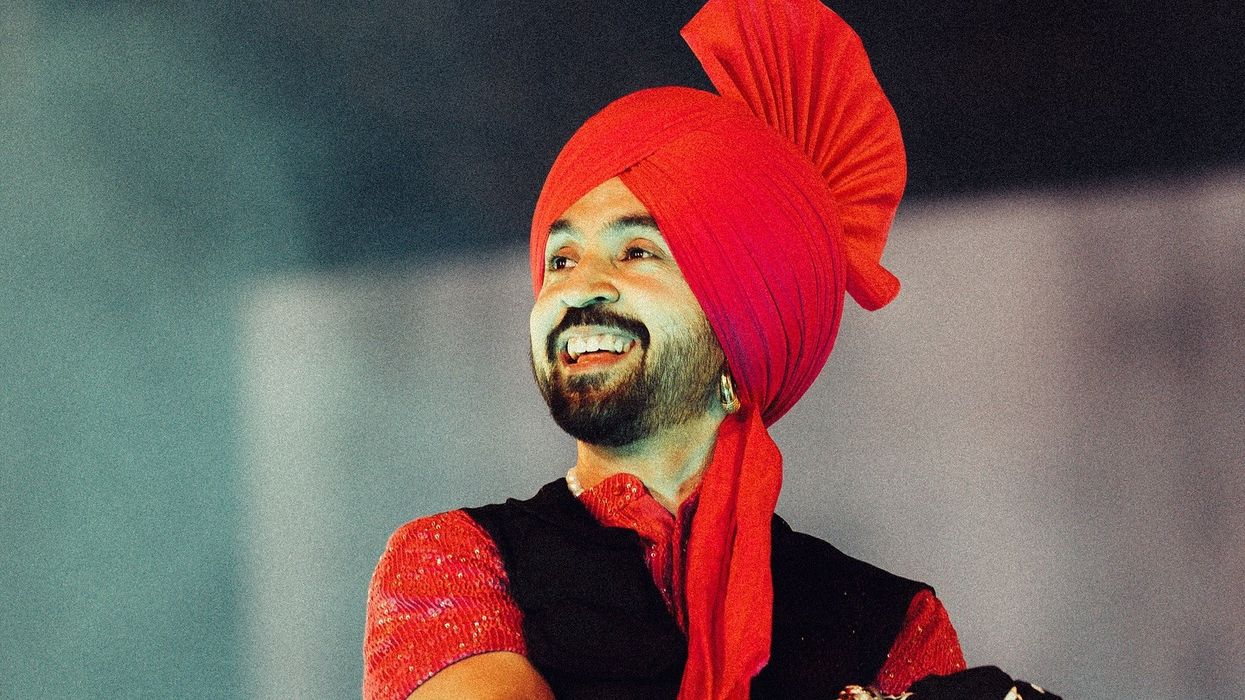











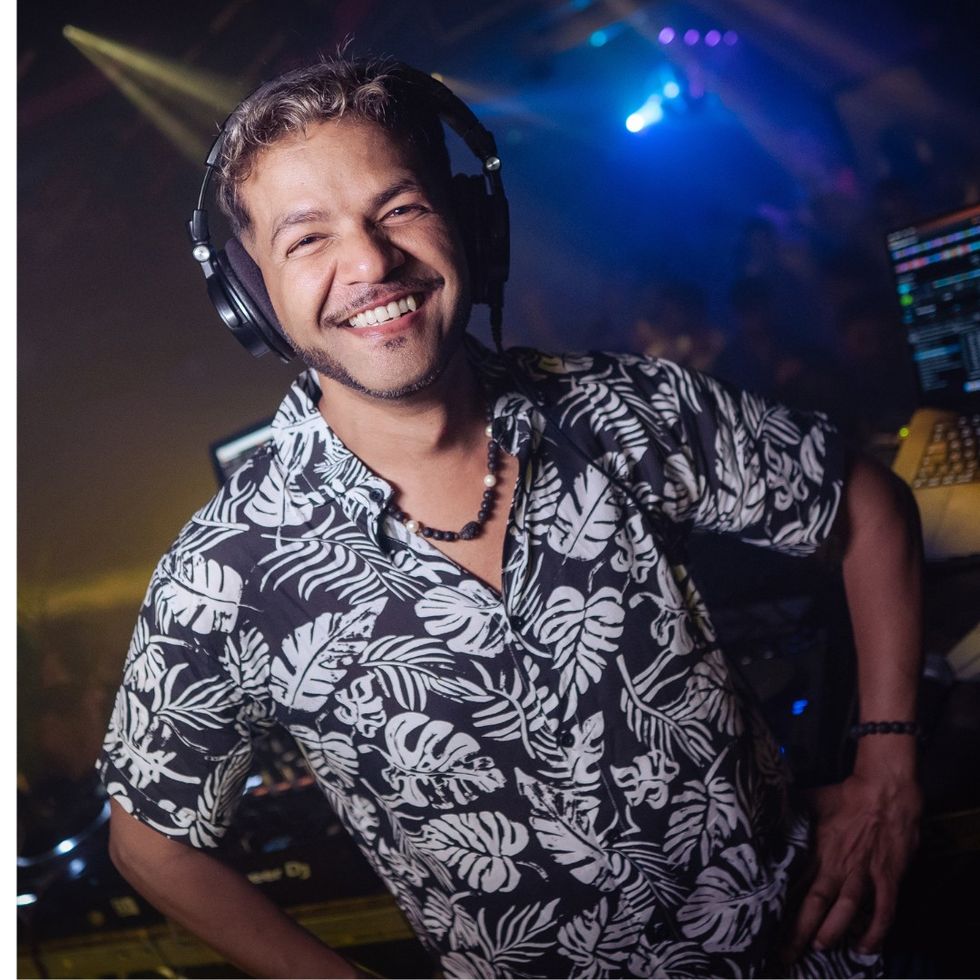 Shai Guy
Shai Guy
Ten million stories of migration to Britain